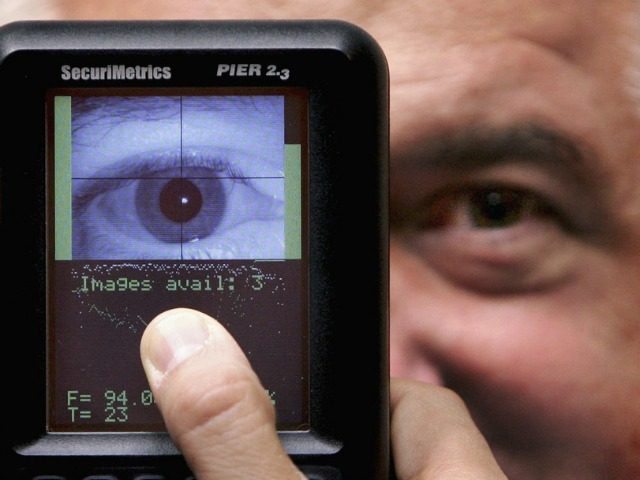The MIT Technology Review recently published an article noting that a number of new coronavirus contact tracing apps have been introduced that invasively track user data, so the publication has created a “Covid Tracing Tracker” to determine what each app does with the user data it collects.
In an article titled “A flood of coronavirus apps are tracking us. Now it’s time to keep track of them,” the MIT Technology Review notes that a number of contact tracing apps have appeared in recent months aiming to detect Chinese virus exposure. These apps identity and notify all users that come in contact with a coronavirus carrier.
Some of these apps are lightweight and only track information temporarily, others such as China’s system collect as much user information as possible such as identity, location, and online payment history to track anyone who may break quarantine rules.
The Technology Review writes:
Despite the avalanche of services, however, we know very little about them or how they could affect society. How many people will download and use them, and how widely used do they have to be in order to succeed? What data will they collect, and who is it shared with? How will that information be used in the future? Are there policies in place to prevent abuse?
When we began comparing apps around the world, we realized there was no central repository of information; just incomplete, constantly changing data spread across a wide range of sources. Nor was there a single, standard approach being taken by developers and policymakers: citizens of different countries were seeing radically different levels of surveillance and transparency.
So to help monitor this fast-evolving situation, we’re gathering the information into a single place for the first time with our Covid Tracing Tracker—a database to capture details of every significant automated contact tracing effort around the world.
We’ve been working with a range of experts to understand what we need to look at, pulling sources including government documents, announcements, and media reports, as well as talking directly to those who are making these apps to understand the technologies and policies involved.
The Technology Review then lists a large table that sorts apps by location, name, data destruction, transparency, and a number of other factors, giving each a star rating. The list includes automated contact tracing apps that are backed by national governments. The apps are designed to automatically tell users or public health officials whether somebody has been exposed to the Wuhan coronavirus.
The database compiled by MIT focuses on automated contact tracing app that they public is already using, but is also keeping track of the underlying protocols that the apps utilize, such as the Google/Apple API itself which is not included by name in the database.
The database can be accessed at the MIT Technology Review here and on Flourish, a data visualization service. A read-only spreadsheet is also available here.
Lucas Nolan is a reporter for Breitbart News covering issues of free speech and online censorship. Follow him on Twitter @LucasNolan or contact via secure email at the address lucasnolan@protonmail.com

COMMENTS
Please let us know if you're having issues with commenting.